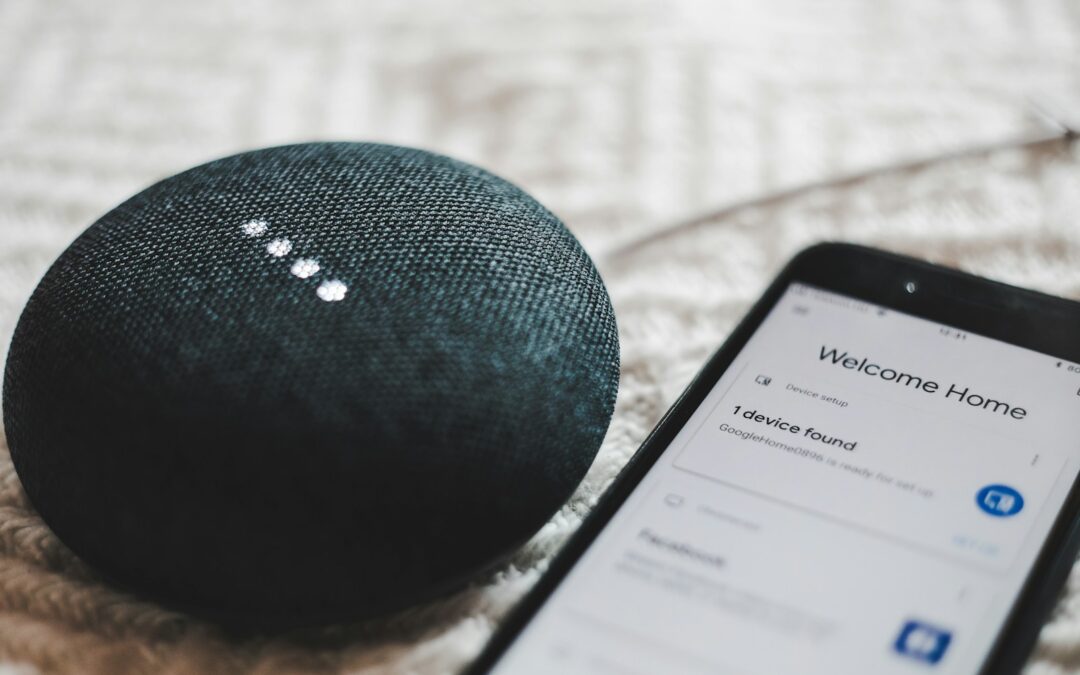Real-Time Energy Monitoring with IoT-Enabled Smart Meters
Empowering Consumers with Real-Time Data
IoT-enabled smart meters are revolutionizing the way consumers manage their energy usage by providing real-time feedback and promoting conservation efforts. These advanced devices, integrated into modern energy grids, offer consumers the ability to monitor their energy consumption in real-time, allowing them to make informed decisions about their energy usage. By delivering precise data on electricity, water, and gas consumption, smart meters empower consumers to take control of their energy habits, potentially leading to significant cost savings and reduced environmental impact.
In cities like Riyadh and Dubai, where the adoption of smart technologies is rapidly expanding, IoT-enabled smart meters play a crucial role in supporting national sustainability goals. These devices can communicate directly with consumers through mobile apps or online platforms, providing instant feedback on energy usage patterns. By understanding their consumption habits, users can identify areas where they can reduce waste, such as turning off unused appliances or adjusting thermostat settings. This not only benefits the environment but also helps consumers save money on their utility bills.
Moreover, the data collected by IoT-enabled smart meters can be aggregated and analyzed by utility companies to optimize energy distribution across the grid. In regions with high energy demand, such as the UAE and Saudi Arabia, this capability is essential for ensuring a stable and efficient energy supply. By reducing peak demand and managing energy resources more effectively, these countries can decrease their reliance on fossil fuels and move towards more sustainable energy solutions.
Promoting Energy Conservation Through Behavioral Change
The real-time feedback provided by IoT-enabled smart meters has the potential to significantly influence consumer behavior, leading to more sustainable energy practices. When consumers can see the immediate impact of their energy usage, they are more likely to adopt energy-saving habits. For instance, receiving a notification that their energy consumption is higher than average during peak hours might encourage users to shift their energy-intensive activities to off-peak times. This type of behavioral change can contribute to a more balanced energy grid and reduce the overall strain on resources.
In addition, IoT-enabled smart meters can be programmed to provide tips and suggestions for energy conservation based on individual consumption patterns. For example, a consumer who consistently uses a large amount of electricity for air conditioning might receive a suggestion to improve insulation or invest in energy-efficient appliances. These personalized recommendations make it easier for consumers to take actionable steps towards reducing their energy footprint, further supporting national energy conservation efforts in regions like Riyadh and Dubai.
Furthermore, the integration of smart meters with other IoT devices in the home, such as smart thermostats and lighting systems, creates a cohesive energy management ecosystem. This interconnected system allows for automated adjustments to energy usage based on real-time data, optimizing energy efficiency without requiring constant manual intervention. As more homes and businesses in Saudi Arabia and the UAE adopt IoT-enabled technologies, the potential for large-scale energy conservation becomes increasingly attainable.
Enhancing Sustainability with IoT-Enabled Smart Meters
Supporting National Sustainability Initiatives
IoT-enabled smart meters are not only beneficial for individual consumers but also play a vital role in supporting broader national sustainability initiatives. Governments in Saudi Arabia and the UAE have set ambitious goals for reducing carbon emissions and increasing the use of renewable energy sources. By implementing smart meter technology across the grid, these countries can gather valuable data on energy consumption patterns, identify inefficiencies, and target areas for improvement. This data-driven approach to energy management is essential for achieving sustainability goals and reducing the environmental impact of energy production and consumption.
For example, in Saudi Arabia, the Vision 2030 plan emphasizes the importance of energy efficiency and sustainability in driving economic growth. IoT-enabled smart meters align with this vision by enabling more efficient energy use and reducing waste. The data collected by these meters can be used to develop targeted energy conservation programs, track progress towards national goals, and ensure that resources are allocated effectively.
Similarly, in the UAE, the adoption of smart meters supports the country’s commitment to sustainability and innovation. The UAE Energy Strategy 2050 aims to increase the share of clean energy in the total energy mix to 50% by 2050, and IoT-enabled smart meters are a critical tool in achieving this target. By providing real-time data on energy consumption, these meters help to identify opportunities for integrating renewable energy sources into the grid, such as solar and wind power, and promote the efficient use of these resources.
Challenges and Opportunities in Implementation
While IoT-enabled smart meters offer significant benefits, their widespread implementation also presents challenges that must be addressed to fully realize their potential. One of the primary challenges is the cost of upgrading existing infrastructure to accommodate smart meter technology. In regions like Saudi Arabia and the UAE, where energy grids are rapidly modernizing, the investment required to install and maintain smart meters can be substantial. However, the long-term benefits, including reduced energy consumption, lower emissions, and improved grid stability, make this investment worthwhile.
Another challenge is ensuring consumer engagement and trust in the technology. For smart meters to be effective, consumers must be willing to use the data provided and take action to adjust their energy habits. This requires education and awareness campaigns to help consumers understand the benefits of smart meters and how to use them effectively. Governments and utility companies in Riyadh, Dubai, and other major cities can play a key role in promoting the adoption of smart meters by providing incentives, such as discounts on utility bills or rebates for energy-efficient appliances.
Despite these challenges, the opportunities presented by IoT-enabled smart meters are vast. As technology continues to advance, the capabilities of smart meters will expand, offering even more detailed insights into energy usage and further promoting conservation efforts. The integration of artificial intelligence and machine learning with smart meter data can lead to the development of predictive models that anticipate energy demand and optimize resource allocation accordingly. This level of innovation is essential for creating sustainable cities that can thrive in the face of growing environmental challenges.
Conclusion: A Path Forward for Energy Efficiency
IoT-enabled smart meters are a powerful tool for promoting energy conservation and supporting the sustainability goals of cities like Riyadh and Dubai. By providing real-time feedback on energy usage, these devices empower consumers to make informed decisions that reduce waste and lower costs. Additionally, the data collected by smart meters plays a crucial role in optimizing energy distribution and integrating renewable energy sources into the grid. While challenges remain in the widespread implementation of smart meter technology, the benefits far outweigh the costs, making them a key component of modern energy management strategies.
As Saudi Arabia, the UAE, and other nations continue to prioritize sustainability, the adoption of IoT-enabled smart meters will be essential in achieving long-term energy efficiency goals. For business executives, mid-level managers, and entrepreneurs, understanding the role of smart meters in driving energy conservation is critical for staying competitive in a rapidly evolving market. By embracing this technology, they can contribute to a more sustainable future while also benefiting from the cost savings and efficiency gains that smart meters provide.
—
#SmartMeters #IoT #EnergyEfficiency #Sustainability #SmartCities #RiyadhInnovation #DubaiSmartCity #GreenEnergy













